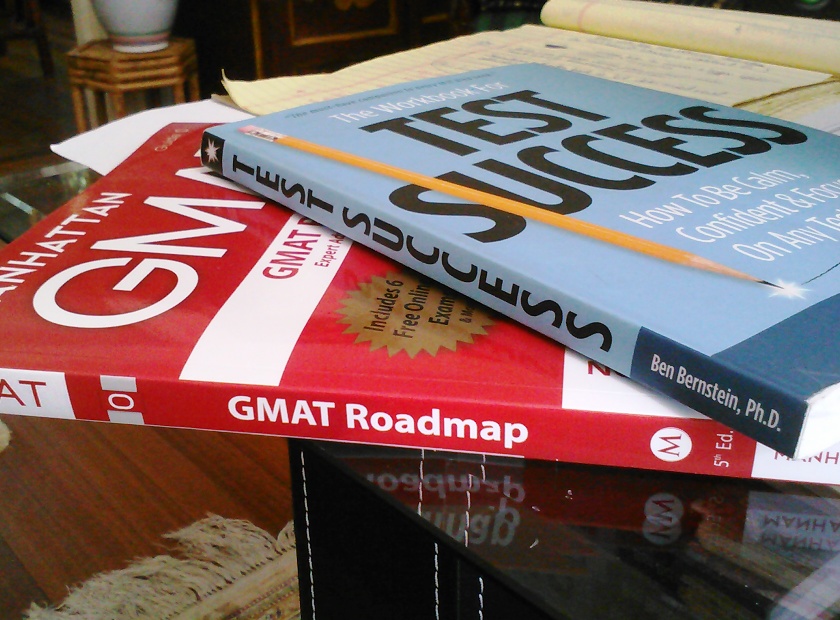Consider Your Audience in Your B-School Application
I recently attended a workshop at the Stanford Graduate School of Business on pitching business plans to entrepreneurs. The experts there kept hammering it home: consider your audience.
An MBA application is like any sales pitch. Your audience will not only determine what you have to say, but how you are going to say it.
Your audience is your target market. The audience can be one person, it could be hundreds, or it could be a small committee of just a few people who will be deciding on whether you get into their business school.
Let’s think about them, and what might appeal to them. Who are they? What do they care about?
I don’t know about you, but I’ve met quite a few admissions officers at presentations and MBA fairs. They are marketers too, and they want to connect with you as much as you want to connect with them. In doing so, admissions committee members will tell you a lot about their programs, and will also tell you a lot about themselves as an audience.
So here are a few ways you want to consider your audience in the MBA application process:
1. Listen
Figure out what the school is looking for. This can sometimes be called “application criteria” in the case of Harvard Business School, or in Wharton’s case, the page is called, “Preparing a Successful Application.” Then, read through the website and see what the school is saying about its brand, its goals for itself. Read chats, go to events. Listen to what admissions representatives care about. Look for what they say are the requirements for an MBA program at their school.
2. Pay attention to fit
As an audience, the admissions committee is also looking for “fit with their program.” They don’t want you to simply apply because of the rankings, but, like any audience, they want to know that you have done solid research on MBA programs. You want to connect with your audience not by showing off that you have all sorts of facts about the school, but make a genuine link, by incorporating your experiences that school’s community and purpose.
3. Remember it’s a business school
Let’s break this down. First, you are trying to learn about business. It’s a Master of Business Administration. You will be studying and talking about private enterprises, so you have to have some sense of what business, commerce, industry, profits and loss, markets, are all about. You don’t need to know everything, but you want to be able to learn about companies. Don’t get me wrong, you’ll learn a lot about government and NGOs. And you can come from government or non-profit. I did!
That also means that you want to present your application as if it is a business project. That means use your project management skills to lay out your recommendation strategy. That means using appropriate language in your application. That means paying attention to details, from the short answers in the data sheets to the topic sentences of your essays.
4. Your audience is employed by a school
The readers of your application care about your academics. This is something that you cannot talk away in the optional essay. Business school is hard, and they want people who will make it. You need to meet the school’s standards, which are, admittedly high. But broad. Schools do look holistically. But they also do require some metrics. Like the quant portion of your GMAT or GRE. Like your writing skills. And like your ability to sit in a classroom, participate and get a good grade.
5. Your audience wants you to succeed
When Dee Leopold, head of Harvard Business School admissions, gave her webinar on the changes in the HBS application, she said it outright: “We are really nice people here. We are human, we want to understand; we are not ogres, with hatchets. We will go way down the road to understand the choices you’ve made.” Other admissions committee people tell me that first and foremost, they want the applicant to succeed. Their reaction when they decide not to admit is more “I wish it weren’t so,” rather than “another one bites the dust.”
The punchline
Make it easy for your audience. They are on your side. They don’t want to bite your head off. They have given you instructions and plenty of room to tell your story. They want it to be interesting, professional, and well-executed. And if you go that far for your audience, I guarantee they will meet you more than halfway.




